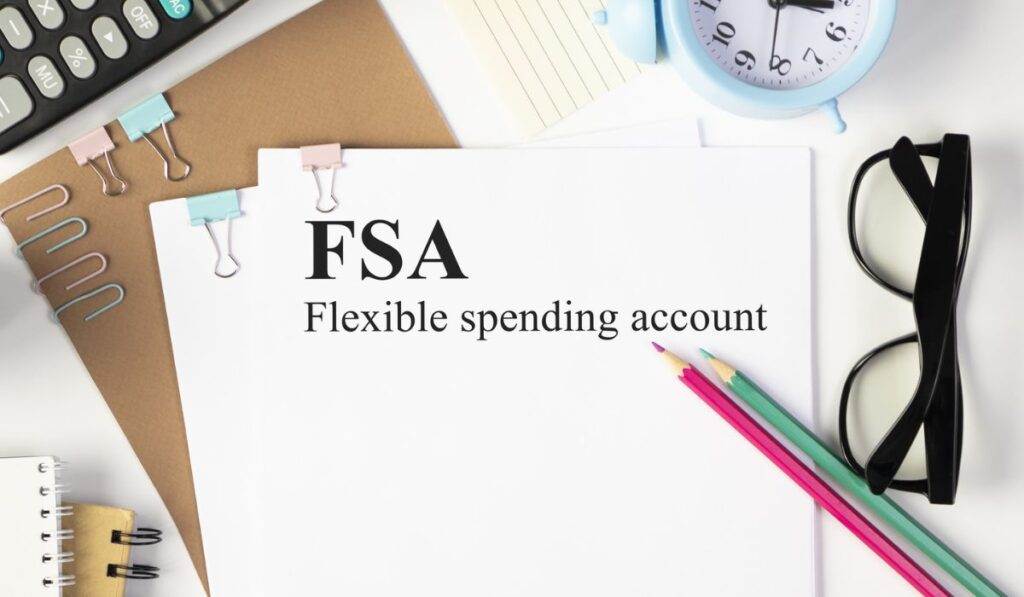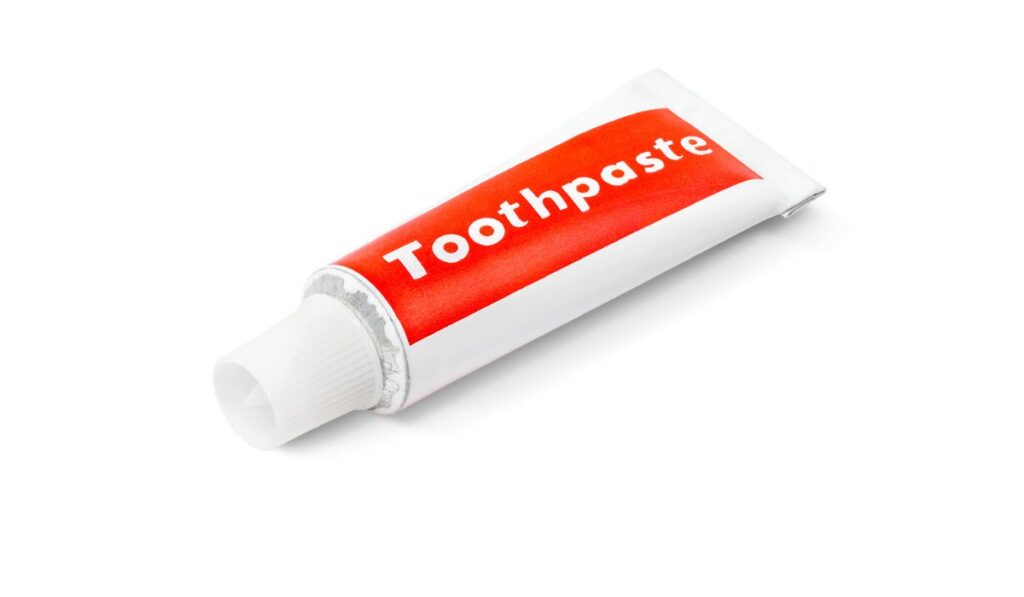Many people have money saved in flexible savings accounts (FSA), which they should use before the year ends. Typically, FSAs are offered as a benefit through the employer. They give employees an option to put money from their paycheck, tax-free, into accounts that are used to pay for medical-related expenses. Because the savings are not taxed, they quickly pile up. You can spend the money on many things related to health, but is medical toothpaste covered?
The IRS considers toothpaste a general health item that does not qualify for reimbursement under FSA. It’s classified as an over-the-counter (OTC) toiletry. Even though medicated toothpaste used to treat certain conditions exists, these products are rarely approved for reimbursement.
While medicated toothpaste applies medicine on the mouth, teeth, and gums, it typically does not qualify for FSA reimbursement. Some medicated kinds of toothpaste need specific application techniques to provide benefits. Others recommend specific periodicity of use to get the best results.
What Does FSA Eligible Mean?

“FSA eligible” means that a product or service is likely covered by the Flexible Spending Account (FSA). The eligibility of items is determined by the IRS.
The IRS defines qualified medical expenses as those covered for dental and medical care. For an item to be classified as FSA eligible, it must be used for primarily diagnosing, treating, mitigating, curing, or preventing medical conditions.
Anything that falls under cosmetic expenses or items that benefit personal hygiene are excluded. In this case, toothpaste and things like vitamins and gym memberships would not qualify.
The FSA can cover eligible medical expenses for yourself or your spouse. Also, it’s useful if you have eligible dependents like children up to the age of 26. Some common qualified medical expenses include the cost of medical supplies and products.
You can also use it to cover costs toward medical services like visits to a medical specialist, dentist, and physician.
Why Isn’t Toothpaste a FSA Eligible Item?
While toothpaste is an over-the-counter toiletry item that uses abrasives to clean teeth for long-term health benefits, it’s not FSA eligible. Some people like to use medicated toothpaste, which can treat specific medical conditions and diseases. However, even this one is rarely approved for FSA reimbursement.
This is because toothpaste is generally considered a general health item. Items used for general health don’t qualify for reimbursement. Even when prescribed by a medical professional, toothpaste will rarely be included in FSA-approved items.
So, if you have FSA, it might not help you get the toothpaste you want, whether medicated not. To treat conditions that require this type of toothpaste, you might want to consider alternative solutions that would qualify for reimbursement. Discuss with your doctor for advice.
What Items are Typically Eligible for FSA?
If you look to spend your FSA balance, these are some of the items you can purchase:
- Acne treatments: Most over-the-counter cleansers, acne creams, and serums are eligible for FSA reimbursement. Consider brands like Neutrogena, Clean and Clear, and Proactiv. Products with common ingredients like azelaic acid, benzol peroxide, and salicylic acid are ideal.
- Alternative medicine procedures: You can spend FSA dollars on chiropractor visits and acupuncture.
- Antibacterial ointments: The next time you’re scraped or cut, you can get some antibacterial ointment like Bacitracin or Neosporin using FSA funds.
- Baby products: After having a baby, you can spend FSA dollars on baby products. This includes items like baby sunscreen, baby monitors, and potty-training undies.
- Morning-after pill: The morning-after pills available without a prescription at most pharmacies and drug stores are considered FSA-eligible.
Is Toothpaste HSA Eligible?

The IRS does not consider toothpaste eligible for a Health Savings Account (HSA) reimbursement. While you can find medicated toothpaste brands that can treat some conditions, most of them will typically not be eligible for reimbursement.
HSA vs FSA: What’s the Difference?
The FSA is a tax savings tool that helps you to pay for qualified out-of-pocket expenses. This is a tax-advantage savings account offered by the employer that helps you save money for yourself, your dependents, and your spouse. While an HSA is similar to the FSA, it’s a little different.
To contribute to the HSA, you must not be enrolled in Medicare, you must be covered by a high deductible health plan, and should not be claimed as a dependent on another person’s tax return.
How to Find FSA Eligible Items
There are several ways to find items that are eligible for FSA reimbursement. You can explore sites like the official FSA Store, Amazon’s FSA store, or the Health Products For You website. On these sites, you’ll find everyday items you need.
Conclusion
One of the reasons to join FSA is that your money is available from the day you enroll. This is a tax savings tool you can use to settle healthcare expenses. However, some products don’t qualify like toothpaste. Check out platforms like Amazon’s FSA store to find out what you can buy with your FSA account.


